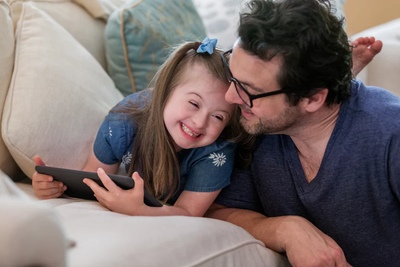MapHabit assistive technology study finds that visual mapping combined with mobile software can enhance quality of life and ability to carry out activities of daily living in individuals with impaired memory.
Source
Published Date
October 2019
Authors
Boatman, F; Jin, J; Kim, Y; Law, S; Lu, A; Merriam, N; Golden, M; Zola, S
Abstract
Technology & Healthcare Journal-October 2019 | Presented in October 2019. The findings in this study addressed questions concerning the feasibility of using assistive technology for individuals with memory impairments.
BACKGROUND: There is growing evidence that assistive digital technology can enhance quality of life (QOL) for individuals with various forms of cognitive impairment, including dementia.
OBJECTIVE: Assess whether the use of a visual mapping software program to manage activities of daily living would have a positive impact on QOL scores and on cognitive scores in a group of dementia residents in an adult living community.
METHODS: We compared quality-of-life scores and cognitive function scores before and after using the assistive technology for three months.
RESULTS:
- QOL scores significantly improved in the memory impaired residents, as measured by a self-report questionnaire.
- Caregivers also reported significantly improved QOL scores in the residents, and the caregivers reported more improved scores than the residents did.
- Net Promoter Scores for residents and caregivers showed that using visual maps was highly satisfying; they would continue using this technology.
- Memory-impaired residents showed significantly improved scores in cognitive areas reflecting improved ability to focus and pay attention.
CONCLUSIONS: In addition to the positive findings in QOL and cognition, assistive technologies applied to dementia care are easy to access, easy to use, have little risk of side effects, and are relatively low in cost.












